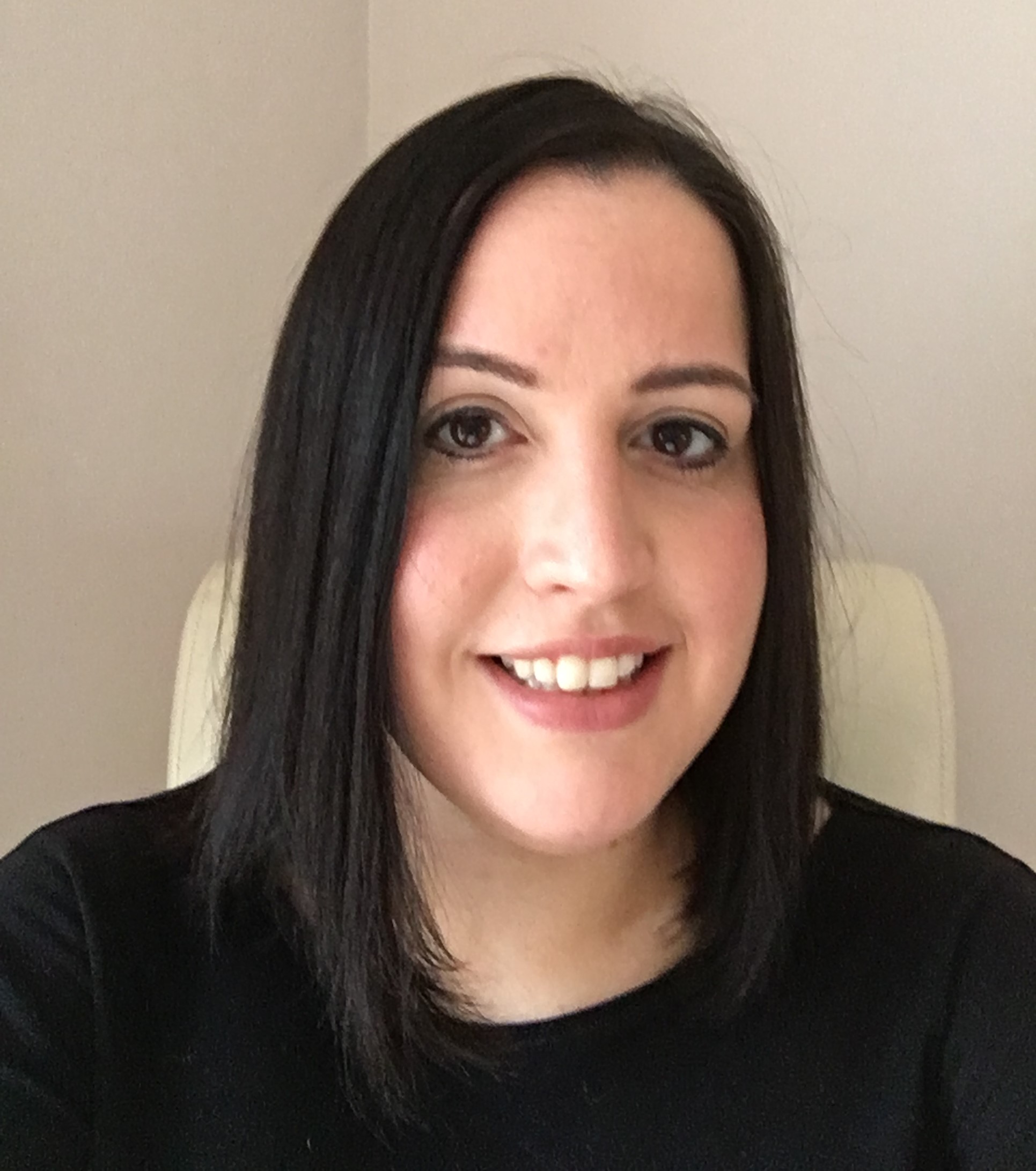Did you know there are over 50 types of counselling and psychotherapy?
So where do you even start with knowing which is the right therapy for you?
In my experience, many people have heard of CBT – which focuses on your thoughts and behaviours – and the classic psychoanalysis approach developed by Freud.
My approach is different to both of these. I am a humanistic integrative practitioner.
But what does this mean for you?
It means that I believe that you are the expert on you. My job is to help you become the best version of you.
As you were growing up, you received all kinds of messages about who you are and how you should think and act and feel. My job is to cut through those messages and support you in figuring out which you want to keep and which you don't.
Outdated messages about who you should be can causes all kinds of problems. Excuse my overt gender stereotyping for a moment but for simplicity - if you're a woman who wanted to be a “good girl” you might find it hard to voice your anger in case you upset others. If you're a man who was told “boys don't cry”, it's probably going to be hard for you to express your sadness.
It's easy to dismiss your emotions as unimportant or “all in your head”.
But actually your head, your brain, is still part of your physical body.
Suppressing your emotions can have serious consequences for both your mental health and your physical health. Quite simply – when you are in distress, your brain releases chemicals that flow through your body. If you don't or can't relieve that distress, these chemicals can build up to toxic levels in your body contributing to all kinds of illnesses - a weak immune system, arthritis, fibromyalgia, chronic fatigue syndrome, migraines, skin complaints, digestive disorders... the list is long.
Okay, that's enough doom and gloom.
The reason I chose to train in humanistic psychotherapy is because it offers an optimistic and collaborative approach to feeling better than you do right now.
I believe that with the right support – genuine, non-judgmental, warm acceptance of who you are as a person – you can become who you want to be. If you don't want to feel stressed, depressed and overwhelmed anymore, I can help you change that. If you want to be calmer, more organised, more spontaneous, braver, I can help you with that too.
In my work, I'm less interested in asking "what's wrong with you" and much more interested in understanding "what has happened to you?"
I strongly believe that the thoughts, behaviours and feelings that society deems undesirable can be better understood when you look at them as creative coping strategies for your earlier life experiences.
When you understand this, and understand why you needed them in the first place, then you can work on letting them go.
You can learn to develop effective coping strategies that actually work.
I also believe that when your difficulties stem from something that happened in a previous relationship - whether that's abuse, neglect or just someone not letting you be yourself - it needs to be healed in a relationship. Humans aren't designed to struggle alone. It can be hard to open up when you've been hurt before, so I make sure we go at a steady pace that feels right for you.
We are social creatures. Even if you decide that I'm not the right therapist for you, I hope you know that there are people out there who want to help and who can help you in a way that works for you.
To book an appointment, email me at alice@couragetherapies.co.uk now.






